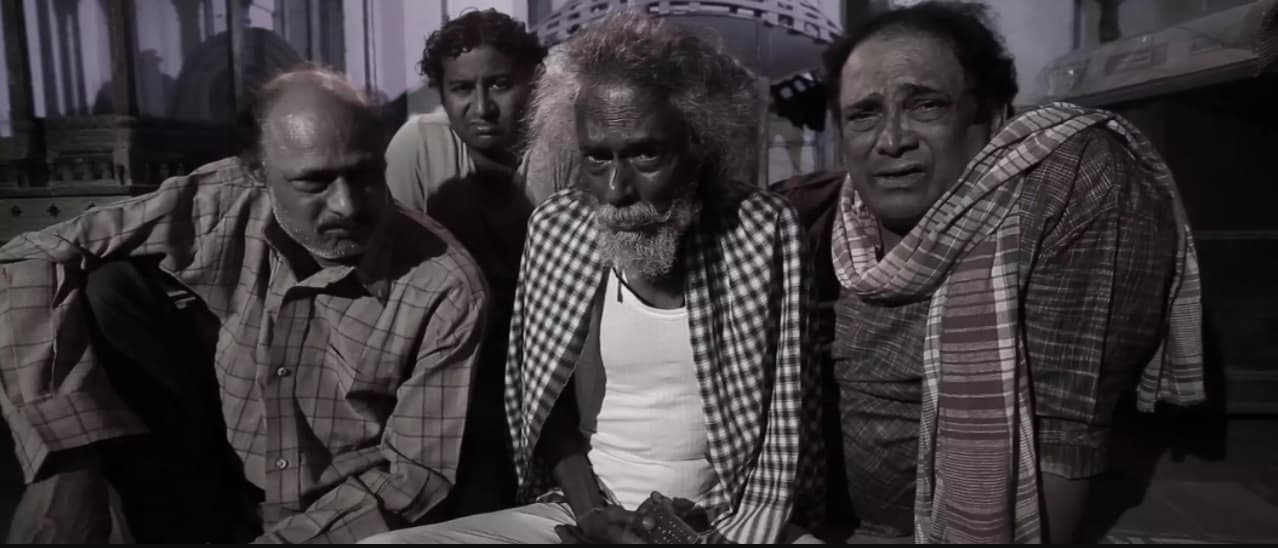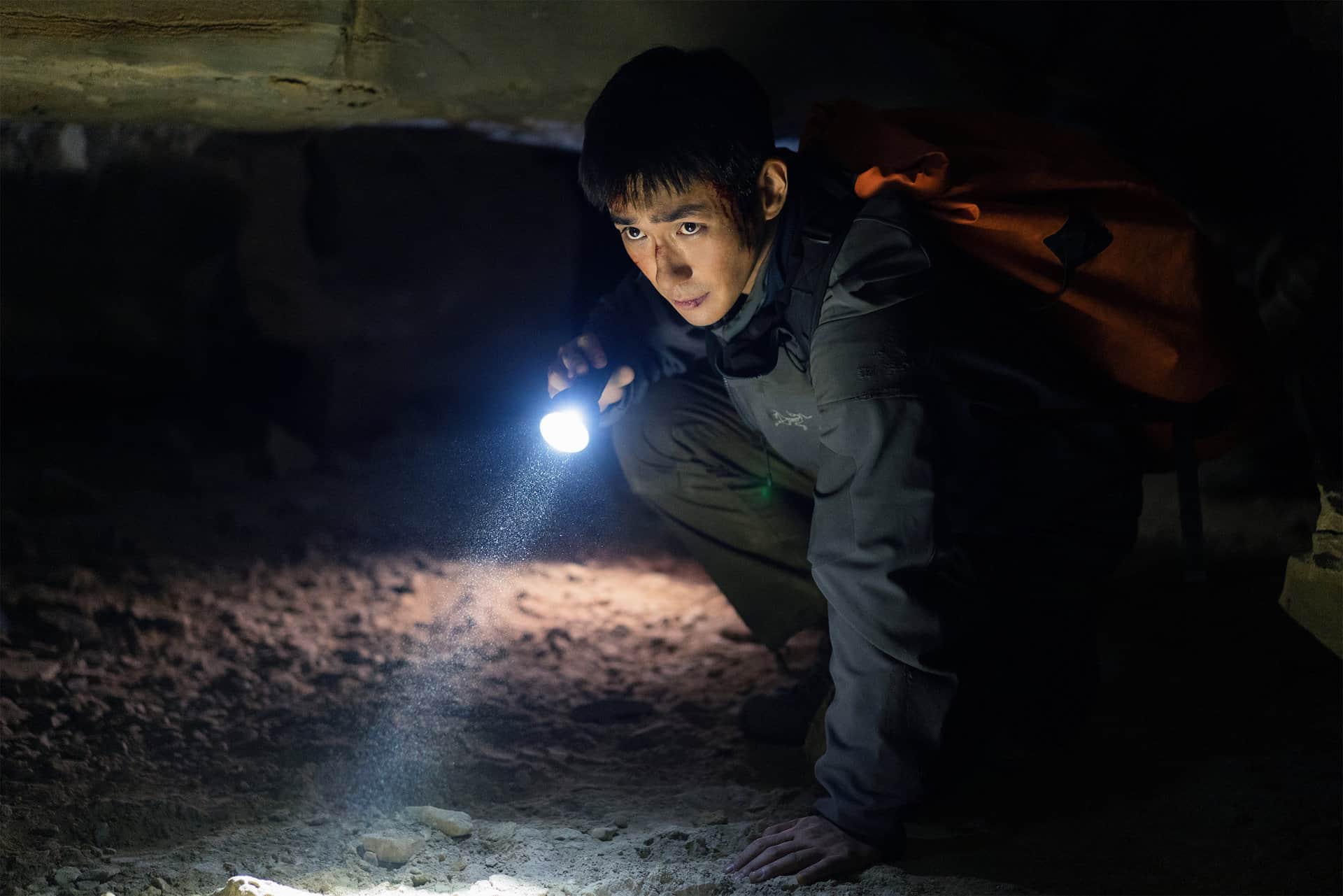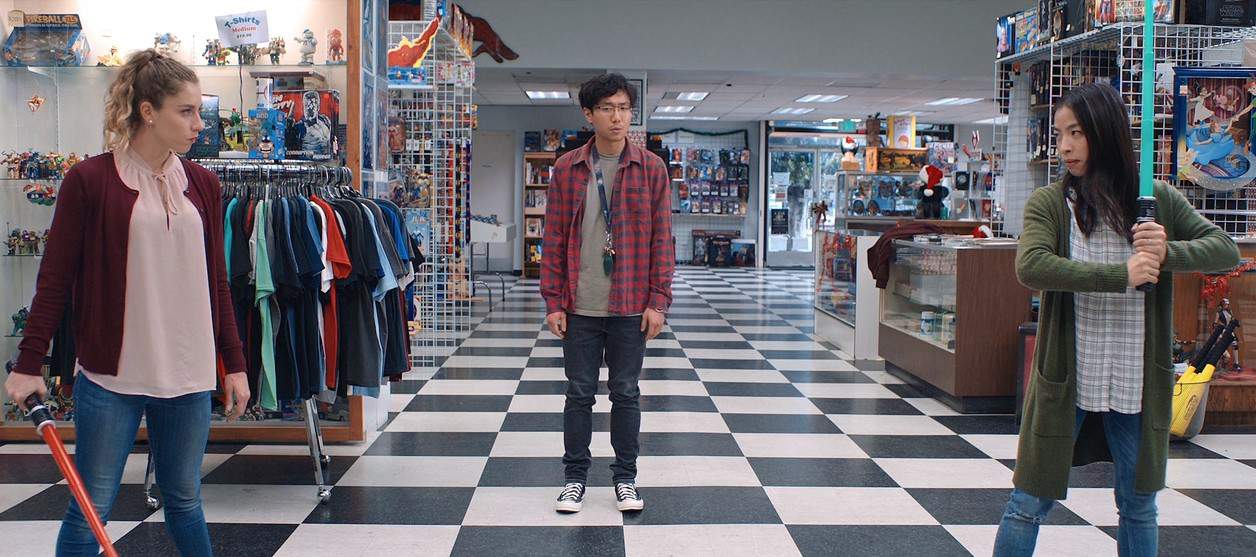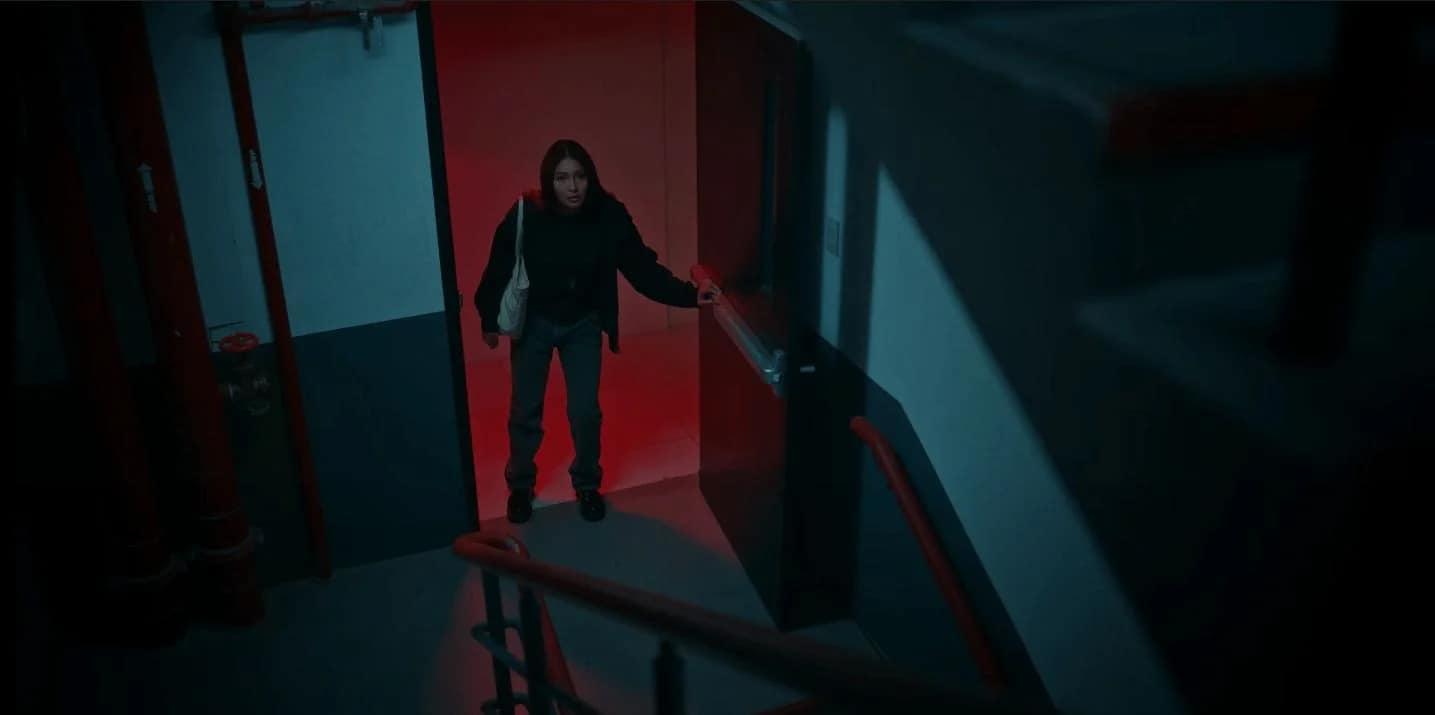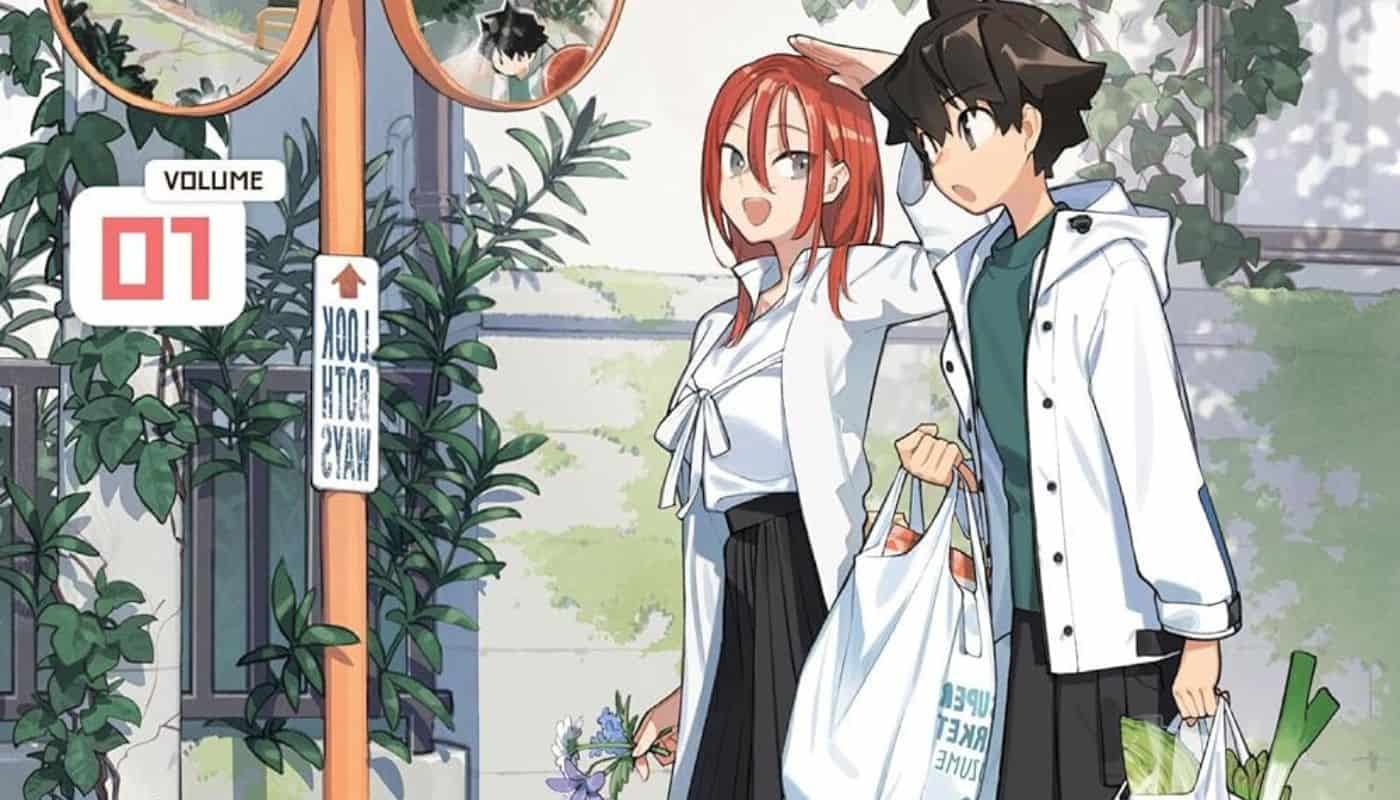Based on the excellent, homonymous novel by Banana Yoshimoto, “Goodby Tsugumi” (or “Tugumi” as it was referred to in the 90s) takes a number of creative liberties in comparison to the adaptation, which result, though, in a movie that is somewhat uneven and too “literature-like”.
Starting in similar fashion with the way the book is structured, the movie begins with Maria narrating her life in Tokyo and her past in the seaside town she grew up with her mother Masako, her aunt and uncle who run an inn with the help of her mother, and their two daughters, Tsugumi and Yoko. Thus, we are introduced to the titular character, a girl who was rather sickly from birth, but the pampering she received from everyone around her resulted in becoming a spoiled brat with a poisonous tongue who could not stop taking advantage or insulting any person that ever crossed her path. Her undeniable beauty actually made things worse, with her also exploiting the boys they liked her, changing boyfriends like shirts. Maria remembers their strained relationship with bittersweet feelings, but definitely misses the town and her life there. Eventually, some years after they parted, she receives a call from her cousin to return for a last summer in town, which she perceives as an effort at reconciliation. Not so much have changed though, apart from the fact that Tsugumi gets in trouble on a number of levels.
Jun Ichikawa directs a movie that tries to draw as much as possible from the antithesis between Tsugumi's awful behavior and the beauties of the seaside town, with the tour guide aspect taking almost as much time as the presentation of the story. The approach works quite well both due the excellent cinematography of Koichi Kawakami, who captures the city in all its idyllic appeal and Riho Makise's performance, who captures the appalling aspects of Tsugumi in a fittingly excessive fashion. At the same time, the philosophical comment about whether people are good, bad, or have elements of both in them is presented nicely through the whole persona of the titular character, with the appearance of the love interest, Kyoichi, a slightly older man who works in the art gallery of town, adding even more to this comment.

Somewhere here, however, is where the pros finish and the cons appear. For starters, the extensive narration by both protagonists (the literature element I mentioned in the prologue), probably in an effort to stay as close to the book as possible, becomes tiring after a fashion, also because it is accompanied by an almost constant, repetitively mellow music. That these two aspects are almost always implemented in the tour guide aspects intensifies this sense, with the movie becoming less cinematic, and the characters having less space to be analyzed, something that also faults the overall acting. Lastly, all these moments make the film unnecessarily slow, with Shizuo Arakawa's editing not working particularly well throughout the title.
The presence of Kyoichi (a whole other character in the book) also seems a bit disconnected from the rest of the narrative, to the point that one would think that it came to be just to include Hiroyuki Sanada in the movie. Granted, some of the most beautiful moments in the whole film come when he and Tsugumi are together, but apart from this, their relationship does not make much sense, also in the way it is developed, not to mention that the young man ends up being kind of creepy. Lastly, the twist that derives from a secret, which was one of the best assets of the book, is handled very badly by Ichikawa here, resulting in an arc that is not impactful at all.
“Goodbye Tsugumi” has its merits, particularly through the presentation of the town and the intense character of Tsugumi, but lacks impact, emotion, and drama, resulting in a title that does not do justice to the original in any way.




